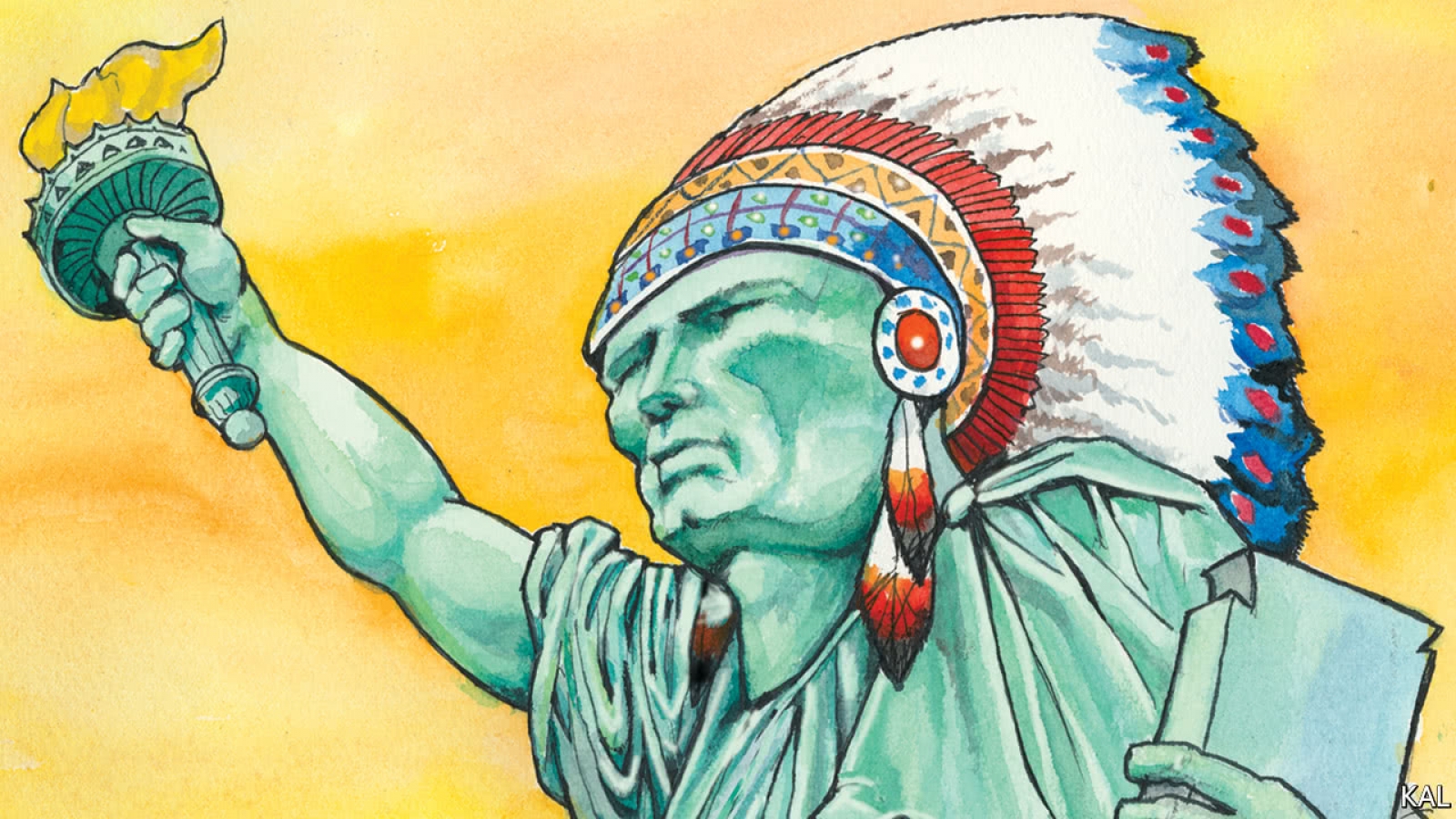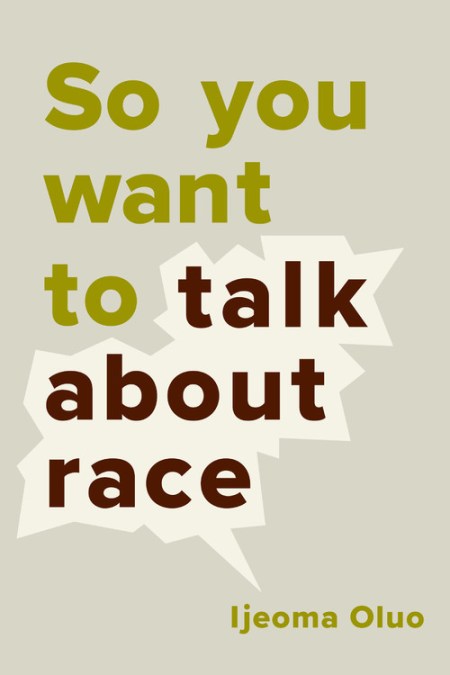Frederick Douglass: a multi-racial trailblazerPosted in Articles, Biography, History, Law, Media Archive, Slavery, United States on 2018-02-11 05:14Z by Steven |
Frederick Douglass: a multi-racial trailblazer
The Baltimore Sun
2018-02-08
Tanya Katerí Hernández, Professor of Law
Fordham University School of Law
Gregory Morton purchased Frederick Douglass’ home in Fells Point and makes it available to rent on Airbnb. (Barbara Haddock Taylor / Baltimore Sun) |
Last year President Trump made statements that left the impression he believed that abolitionist Frederick Douglass was still alive. In some respects, he still is. This month marks the 200th anniversary of Frederick Douglass’ birth, and his racial justice work continues to be relevant today. In fact, after President Trump was informed that Douglass died in 1895, the president signed into law the Frederick Douglass Bicentennial Commission Act to organize events to honor the bicentennial anniversary of Douglass’s birth.
While slave records mark Douglass’ birth month as February — he was born in a plantation on the shores of the Chesapeake Bay in Talbot County — his status as a slave meant he had no information about the exact day he was born. As an adult he chose Feb. 14th for himself as a birth date. He was also never told who his father was, but circumstances lead him to conclude that it was his white slave owner.
Despite his mixed-race heritage and likely connection to his owner, Douglass was separated from his mother at an early age and exposed to physical abuse from his owners…
Read the entire article here.






